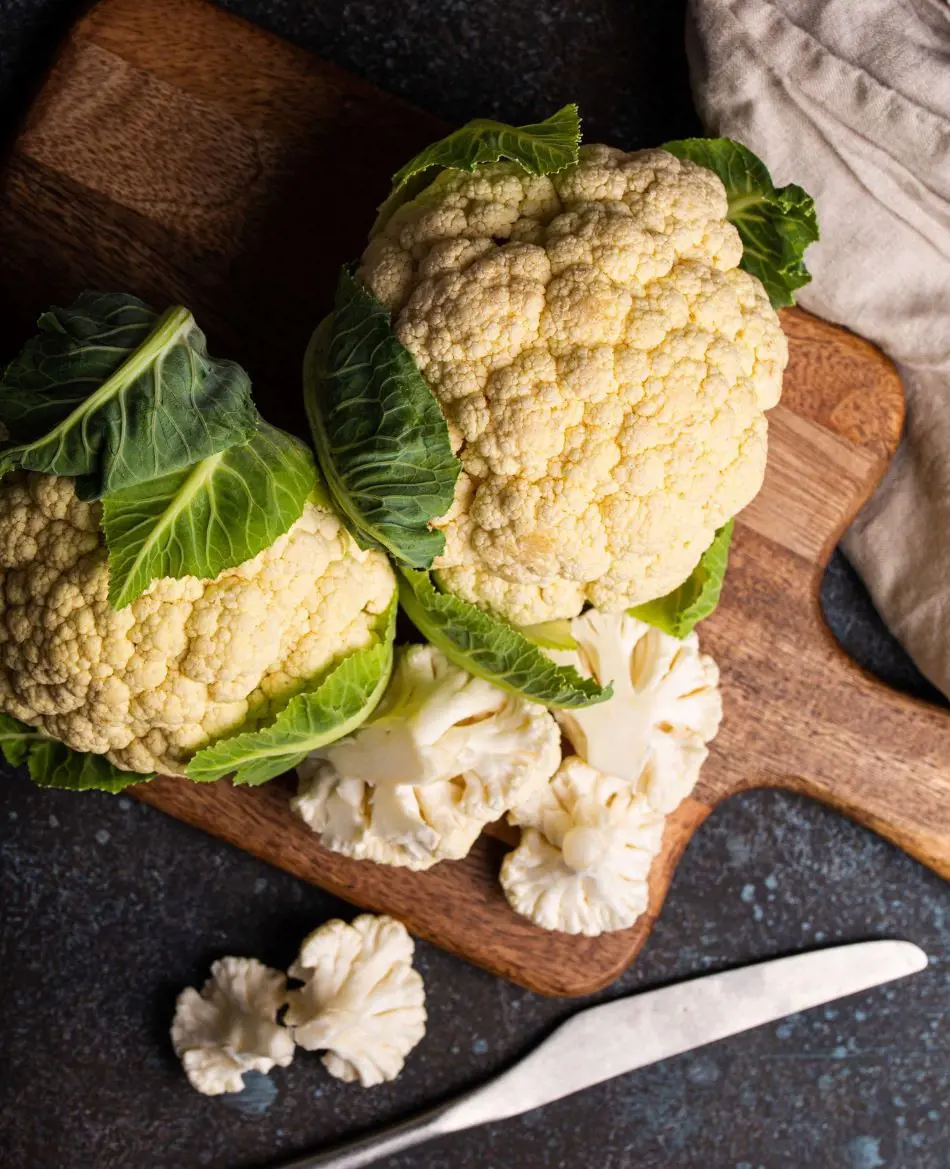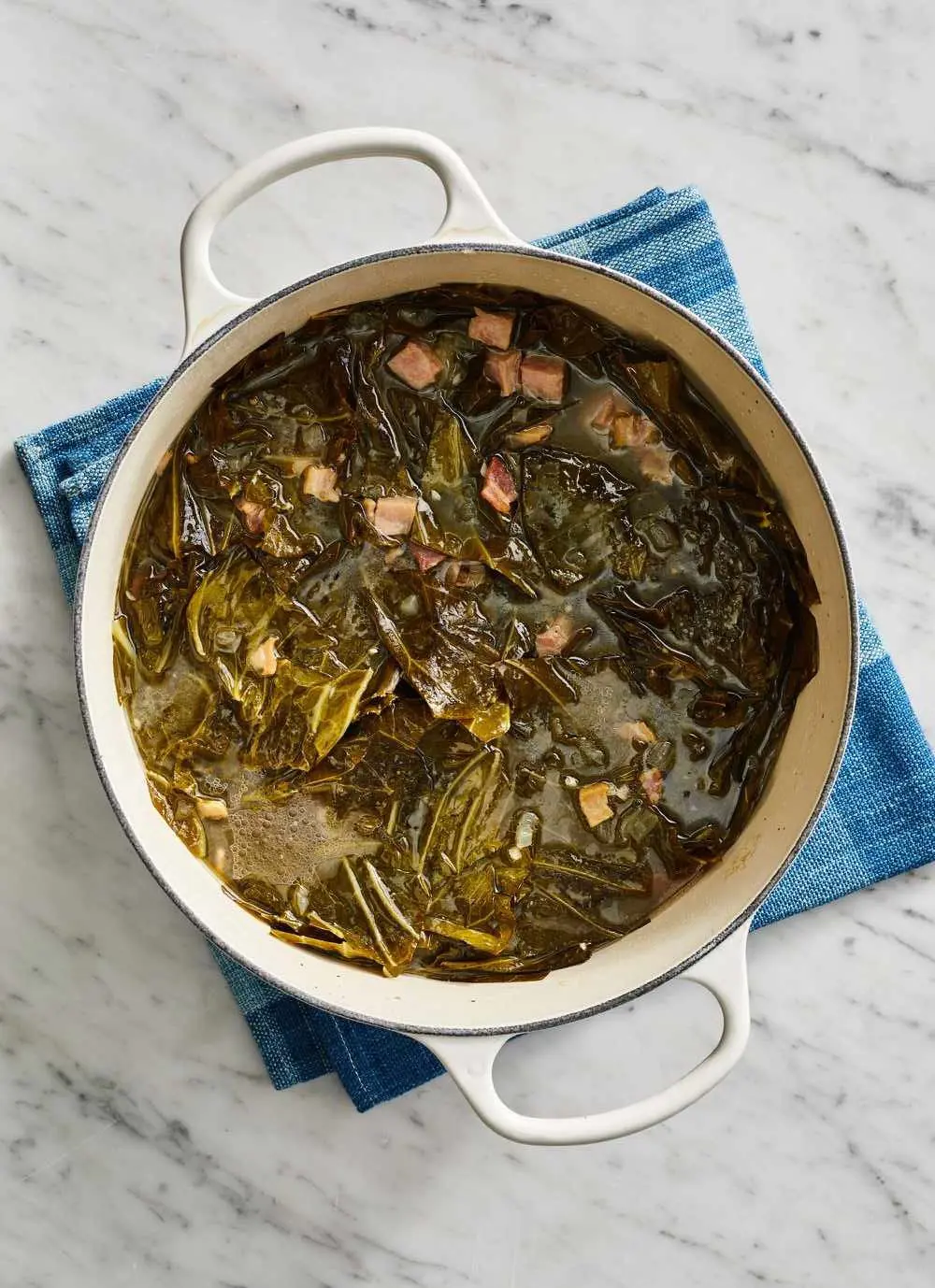Oregano Health Benefits And Nutrition Facts
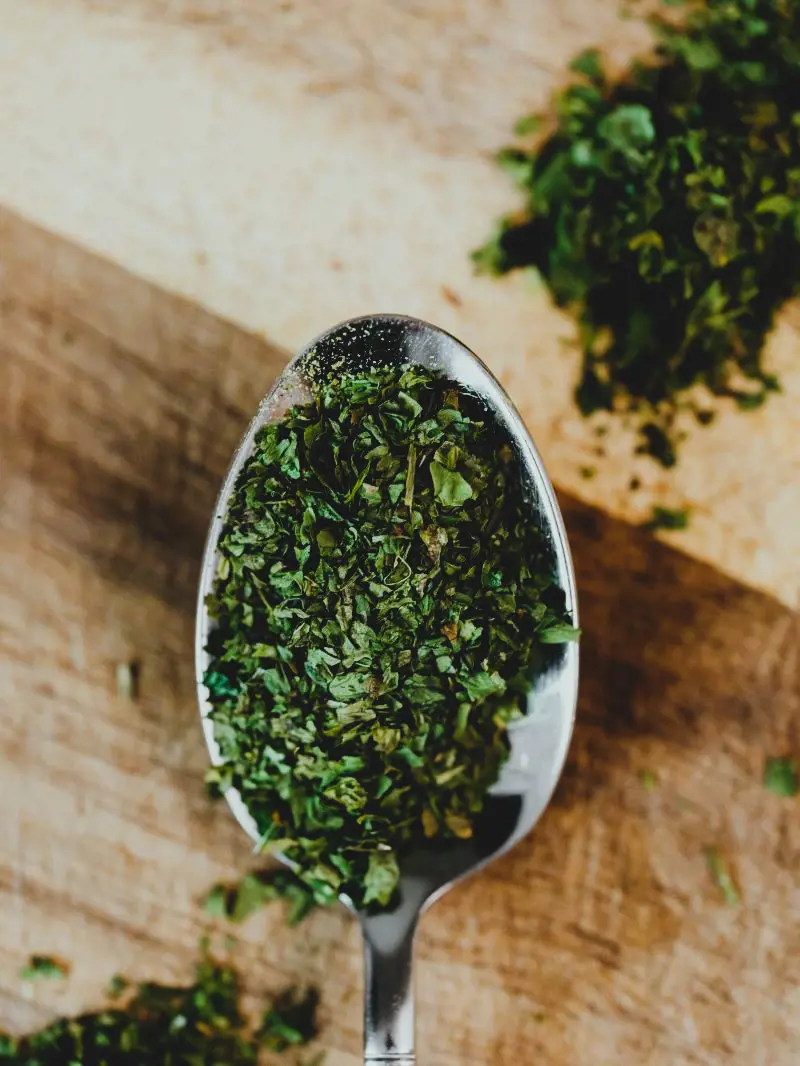
Oregano is a fragrant herb with an impressive arsenal of antioxidants, making it a natural ally for gut health and immune support.
Its versatility allows it to be used in various dishes, and its essential oil is used in aromatherapy and cleaning products. It's a taste of history, health, and culinary creativity. Let's dive into a deeper understanding of the health benefits it provides to our body when consumed.
Oregano Nutritional Value
Oregano, the fragrant herb commonly used in Mediterranean cuisine, packs a surprising nutritional punch. While it's typically used in small quantities, its concentrated flavor means it contributes more than just taste to your dish.
Here's a breakdown of Oregano's nutritional profile on a 100-gram serving:
- Calories: 265kcal
- Total Fat: 4.6g
- Sodium: 25mg
- Total Carbohydrate: 68.9g
- Dietary Fiber: 42.5g
- Total Sugars: 4.1g
- Protein: 9g
- Vitamin C: 2.3mg
- Iron: 36.8mg
- Calcium: 1597mg
- Potassium: 1260mg
- Phosphorus: 148mg
1. Rich In Antioxidants
Gram for gram, it contains more antioxidants than most fruits and vegetables, including powerhouses like blueberries and oranges. These antioxidants are compounds that help protect your cells from damage caused by free radicals, and harmful molecules, that can contribute to the development of chronic diseases like cancer, heart disease, and even Alzheimer's disease.
Oregano contains several compounds with antioxidant properties, including rosmarinic acid, thymol, and carvacrol. Thymol and Carvacol are the main two active compounds as they are both potent antioxidants. Studies have shown that they can neutralize free radicals and protect cells from damage.
2. Source Of Dietary Fiber
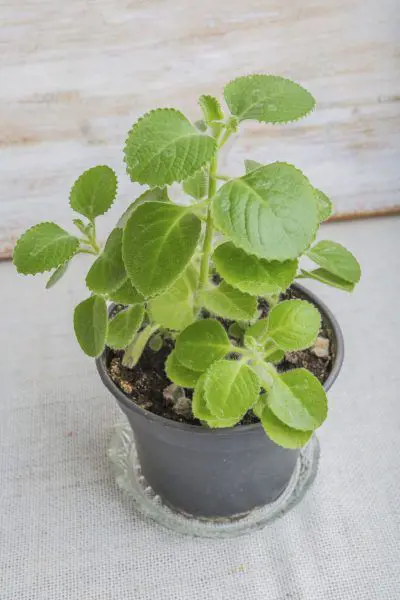
Oregano is a surprisingly good source of dietary fiber. A single tablespoon (4 grams) of dried oregano contains about 1 gram of fiber, which is 4% of the recommended daily intake (RDI) for adults. While it may not be the first ingredient you think of when it comes to high-fiber foods, incorporating oregano into your diet can contribute to your overall fiber intake.
Oregano is a good source of insoluble fiber, which can be beneficial for digestive health and preventing constipation. This type of fiber helps to add bulk to your stool and promote regularity. Also, it contains a small amount of soluble fiber but other fruits, vegetables, and legumes are better sources.
3. Could Have Anti-Cancer Properties
Oregano contains compounds that have shown promising potential in combating cancer cells in laboratory studies. Its rich antioxidant content may also aid in protecting healthy cells from damage caused by free radicals, which can contribute to cancer development.
Oregano components, particularly Carvacro, and thymol, can inhibit the growth and even kill cancer cells in various types of cancers, including colon, breast, and prostate cancer. These compounds work by inducing apoptosis (programmed cell death) in cancer cells, stopping them from dividing uncontrollably and suppressing their ability to invade healthy tissues.
4. Could Decrease Inflammation
Oregano contains several compounds, such as rosmarinic acid, thymol, and carvacrol, which have demonstrated anti-inflammatory properties. These compounds can inhibit the activity of enzymes that promote inflammation, thus helping to reduce inflammation in the body.
Studies have shown that oregano extracts and essential oils can decrease the levels of pro-inflammatory markers, such as cytokines and prostaglandins, in the body. By modulating these inflammatory mediators, oregano may help alleviate inflammation and its associated symptoms. Its anti-inflammatory properties can also support the immune system by reducing excessive inflammation that may impair immune function.
5. Easy to Add to Your Diet
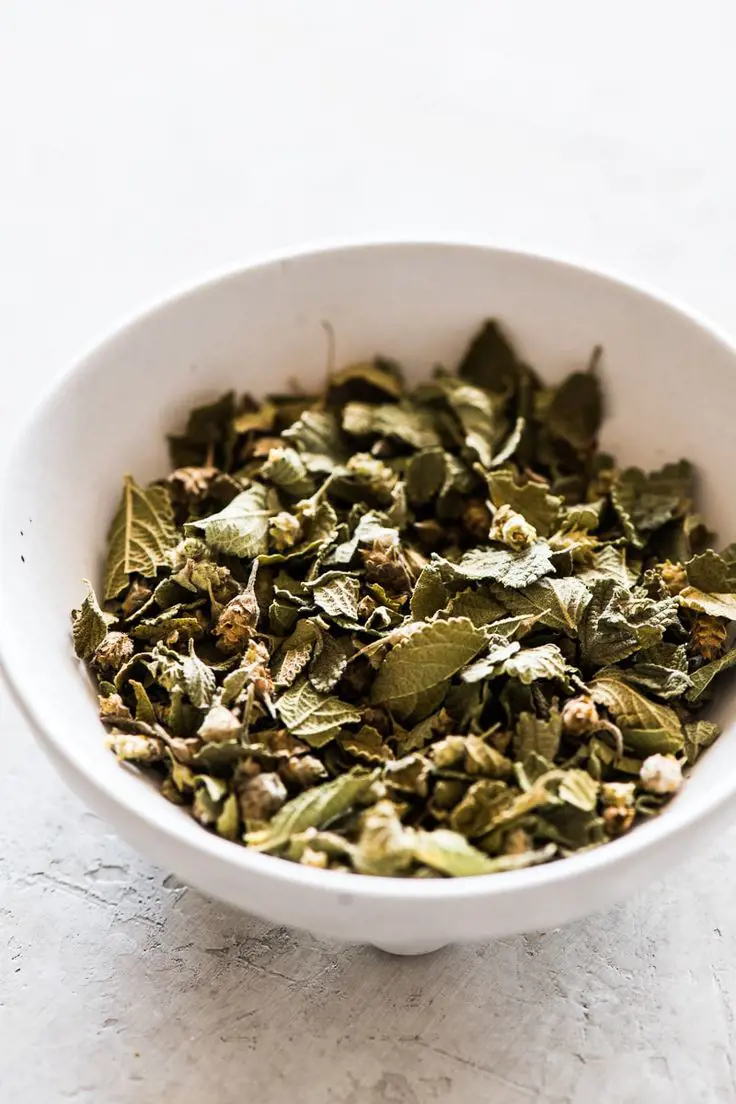
Oregano is incredibly versatile and easy to incorporate into your diet. It pairs well with a wide range of savory dishes, including meats, poultry, fish, vegetables, pasta, and grains. Sprinkle dried oregano over roasted vegetables, grilled chicken, or pasta dishes for added flavor.
Sprinkle dried oregano onto roasted vegetables, grilled meats, or homemade pizza for a burst of flavor. Finely chop fresh oregano leaves and use them as a garnish for soups, salads, or pasta dishes. Also, Blend fresh oregano leaves with garlic, Parmesan cheese, pine nuts (or any nuts you prefer), olive oil, and salt to make a flavorful pesto. Use it as a spread on sandwiches or as a sauce for pasta or grilled meats.
6. Digestive Aid
Oregano has been used for centuries for its medicinal properties, and recent research suggests it might offer some benefits for digestion. It contains compounds like carvacrol and thymol, which show promise in combating bacteria and fungi that can contribute to digestive issues.
Some studies suggest that oregano may stimulate the production of digestive enzymes, which aid in breaking down food and improving nutrient absorption. This could be helpful for people with digestive enzyme deficiencies or impaired digestion. These properties could be beneficial against harmful gut bacteria and fungi that contribute to digestive problems like bloating, gas, and diarrhea.
7. May Help Improve Respiratory Function
Oregano contains compounds that have natural antibacterial, antiviral, and antifungal properties. These properties may help combat respiratory infections caused by bacteria, viruses, and fungi, potentially reducing the severity and duration of symptoms. It may have antispasmodic effects which provide relief from coughing fits and respiratory spasms associated with conditions like asthma and bronchitis.
It may act as an expectorant, helping to loosen and expel mucus from the respiratory tract. This can be particularly beneficial for individuals with respiratory conditions such as bronchitis, coughs, and congestion. It may also have mucolytic properties, meaning it can help break down and thin mucus, making it easier to clear from the airways.
8. Immune System Support

Oregano has garnered attention for its potential to support the immune system. It contains vitamins and minerals like vitamin C, iron, and manganese, which play vital roles in immune function. Oregano oil exhibits antibacterial and antifungal properties. This might indirectly support the immune system by reducing harmful pathogens.
Some research suggests that oregano may help enhance the activity of immune cells, such as white blood cells, which play a crucial role in defending the body against infections. By boosting immune cell function, oregano strengthens the body's natural defense mechanisms.
9. Improves Gut Health
Oregano, particularly its oil, contains compounds that exhibit antibacterial and antifungal properties. These properties might help combat harmful gut bacteria and fungi, potentially promoting a healthy gut microbiome balance. It also helps reduce inflammation in the gastrointestinal tract, alleviating symptoms and supporting gut health.
Some early research indicates that oregano might promote the growth of beneficial gut bacteria like Bifidobacteria and Lactobacillus, which play a crucial role in gut health. Oregano's digestive properties can help promote regular bowel movements and prevent constipation.
10. Hair Health
Oregano may offer benefits for hair health when applied topically or ingested. Oregano oil, extracted from the oregano plant, has been gaining popularity in recent years due to its potential health benefits.
It possesses antifungal and antimicrobial properties, which may help combat dandruff, itchiness, and inflammation caused by scalp conditions like seborrheic dermatitis. It is rich in antioxidants, which help protect hair follicles from oxidative damage caused by free radicals. It may improve blood circulation in the scalp, which could theoretically promote hair growth and when diluted in a carrier oil, can help add moisture and shine to dry, frizzy hair.
11. Bone Health

Oregano is a good source of vitamin K, particularly vitamin K1 (phylloquinone). Vitamin K is essential for bone health as it helps regulate calcium metabolism and supports the synthesis of osteocalcin, a protein involved in bone mineralization.
Additionally, oregano can be used to flavor calcium-rich foods such as dairy products, leafy greens, and tofu. Incorporating oregano into your diet as part of a balanced and nutritious eating pattern can help ensure you're getting a variety of vitamins and minerals that support bone health, such as magnesium, phosphorus, and vitamin D.
12. Supports Oral Health
Oregano may provide some support for oral health due to its antimicrobial, anti-inflammatory, and antioxidant properties. It contains compounds like carvacrol and thymol, which help inhibit the growth of bacteria in the mouth, including those responsible for tooth decay, gum disease, and bad breath.
Oregano's antibacterial properties can help combat the bacteria that cause bad breath (halitosis). Using oregano as a mouthwash or incorporating it into oral hygiene products may help freshen your breath naturally. It may also help reduce the formation of dental plaque, a sticky film of bacteria that can accumulate on the teeth and gums and lead to cavities and gum disease.
13. Kills Intestinal Parasites
Oregano has been traditionally used for its potential ability to combat intestinal parasites due to its antimicrobial properties. Some research suggests that oregano oil may have antiparasitic properties and could potentially help eliminate intestinal parasites. The active compounds in oregano oil may disrupt the cell membranes of parasites, leading to their destruction.
Oregano's antifungal properties may also be beneficial for combating certain types of intestinal parasites, such as fungal parasites like Candida albicans. These compounds, carvacrol and thymol, may help kill or inhibit the growth of various pathogens, including parasites, bacteria, viruses, and fungi, in the intestines.
14. Provides Vitamin C
Oregano does contain vitamin C, but not in a significant amount. A 100-gram serving of fresh oregano provides about 8 milligrams of vitamin C, which is only 8% of the daily recommended value (DV) for adults contributing to the overall intake.
Vitamin C is well-known for its role in supporting the immune system. It helps stimulate the production and function of white blood cells, which are vital for fighting off infections. While oregano may not be a primary source of vitamin C, it can still contribute to your overall intake when used as a culinary herb or consumed in herbal teas.
15. Antifungal Properties
Oregano, particularly oregano essential oil, shows promise as an antifungal agent against a wide range of fungi, including Candida albicans, Aspergillus fumigatus, and Trichophyton mentagrophytes. The antifungal activity of oregano is attributed to its main components, thymol, and carvacrol, which have been shown to disrupt the fungal cell membrane and inhibit fungal growth.
16. Mood Enhancement
Oregano contains antioxidants such as rosmarinic acid and quercetin, which help combat oxidative stress in the body. High levels of oxidative stress have been linked to mood disorders like depression and anxiety. Its ability to reduce stress levels may also contribute to mood enhancement.
Carvacrol and thymol, two compounds included in oregano, have the potential to affect brain neurotransmitter function. These substances have been researched for their ability to improve mood by influencing the levels of neurotransmitters, such as dopamine and serotonin, important for controlling mood and emotions.
17. Acts As An Anti-Bacterial Agent
Besides being a delicious culinary herb, oregano also possesses impressive antibacterial properties. This makes it a potentially natural alternative to traditional antibiotics, especially considering the growing concern of antibiotic resistance. One of its key components, carvacrol, has been extensively studied for its antibacterial properties.
The key to oregano's antibacterial magic lies in its essential oil, extracted from the leaves and flowers of the plant. This oil is rich in two powerful compounds: carvacrol and thymol. These compounds disrupt the cell membranes of bacteria, essentially making them leaky and causing them to die.
Risks Associated With Oregano
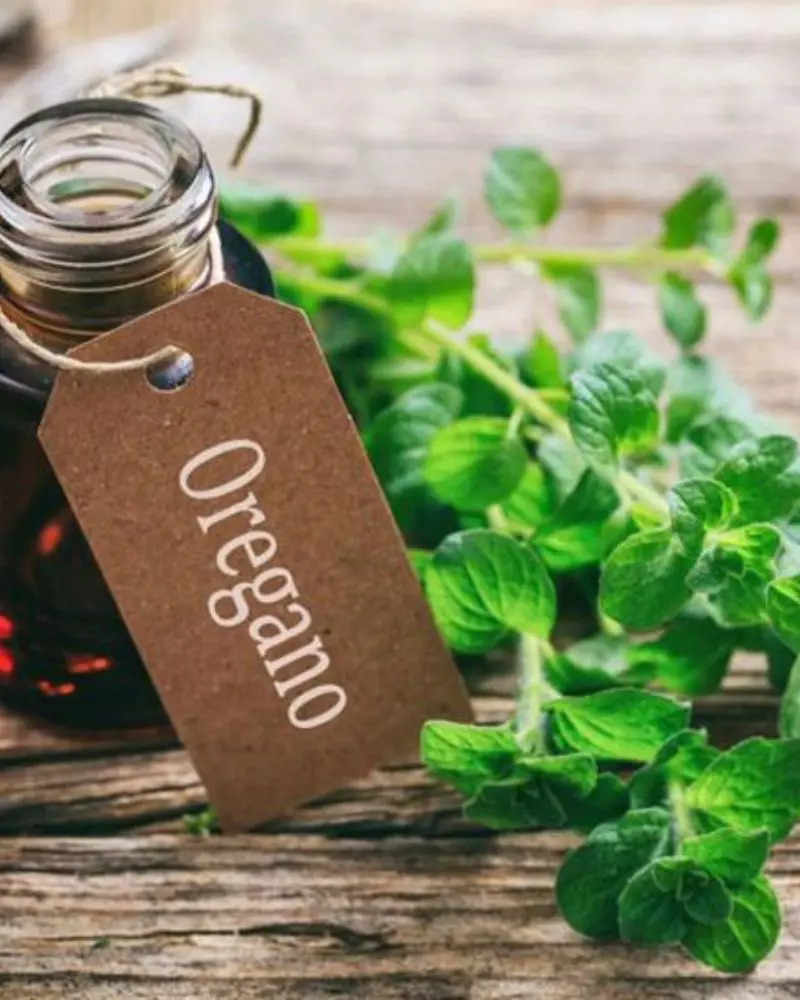
Not everyone delivers their utmost positive potential effects when it comes to their health benefits. Despite being well tolerated by many of the people consuming it with a good safety profile, there are some risks connected when taken in excess amounts including:
- Abdominal pain
- Heartburn
- Constipation
- Diarrhea
- Nausea
- Vomiting
- Headache
- Dizziness
- Skin Irritation
Recent posts
Nutrition
Nutrition
Licorice Root: Benefits And Uses
You can spell it liquorice or licorice; this herb or root has been in use for centuries in most medicinal applications, as a natural sweetener and to enhance flavors. Regarding its origins, it comes from the root of the "Glycyrrhiza galbre" plant and...
Nutrition
Is Salmon Good For You? Nutritional Facts and Benefits
Salmon fish is a staple diet throughout the world, popular as a super food for its nutrients. Whether savored in sushi, poached, grilled, roasted, or pan-fried, salmon offers minerals and vitamins that contribute to healthy bodily functions. In addit...
Nutrition
25 Smoked Salmon Recipes That You Will Enjoy
Salmon is a silver-colored fish that is loaded with many nutrients, vitamins, and omega-3 fatty acids. Smoked Salmon is better for improving your health and reducing the risk of cancer, heart-related diseases, fights inflammation, reduces anxiety and...
Nutrition
Are Sausages Healthy? Nutrition And Health Benefits
Sausages are tasty in an addictive way, making them one of the most popular foods worldwide. You may have enjoyed this convenient food often, whether on a bun with mustard or grilled on a barbecue, the simple preparation methods are what makes its co...
Nutrition
20 Vegetables That Are Rich In Iron
Iron is essential for our bodies to function well. When we don't get enough iron, we often feel weak and tired. It's important to address iron deficiency early by eating the right foods. Fortunately, many vegetables are rich in iron and can help prev...
Nutrition
15 Cauliflower Nutrition Facts And Health Benefits
Cauliflower, a cruciferous vegetable, resembles a white variation of its relative, broccoli. Like broccoli, it has closely bunched florets attached to a thick core, often surrounded by a few leaves. While white is the most common color, cauliflower i...






